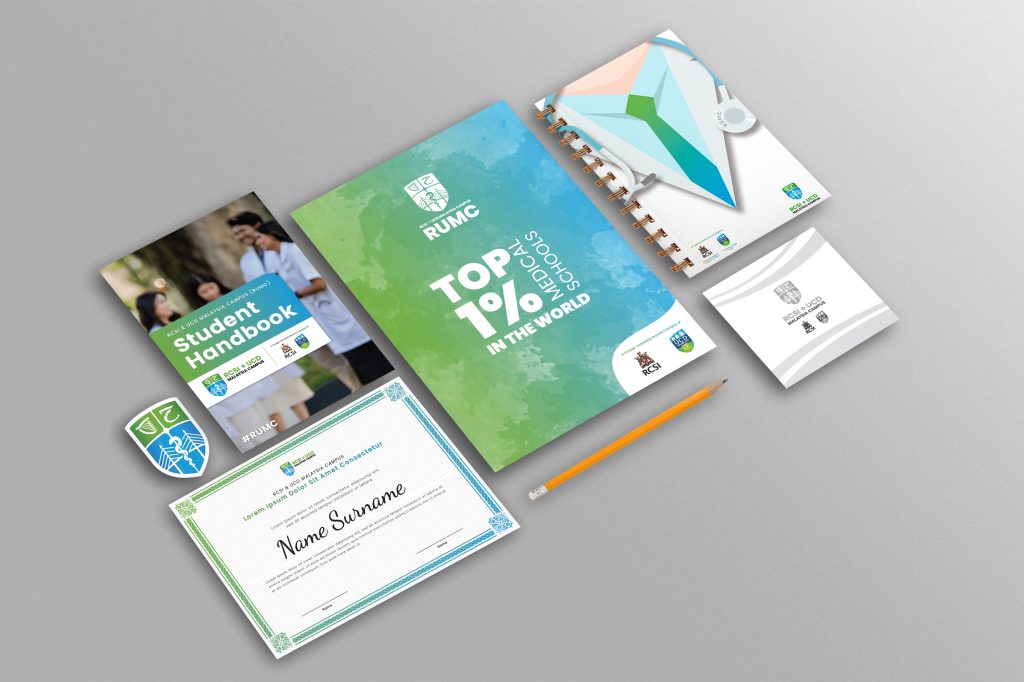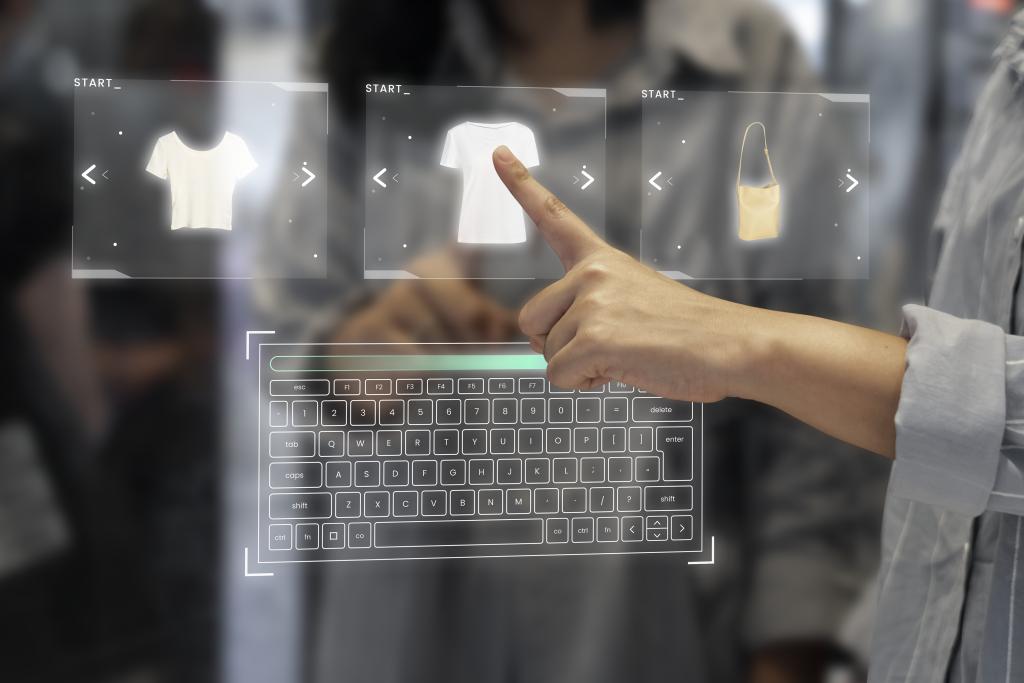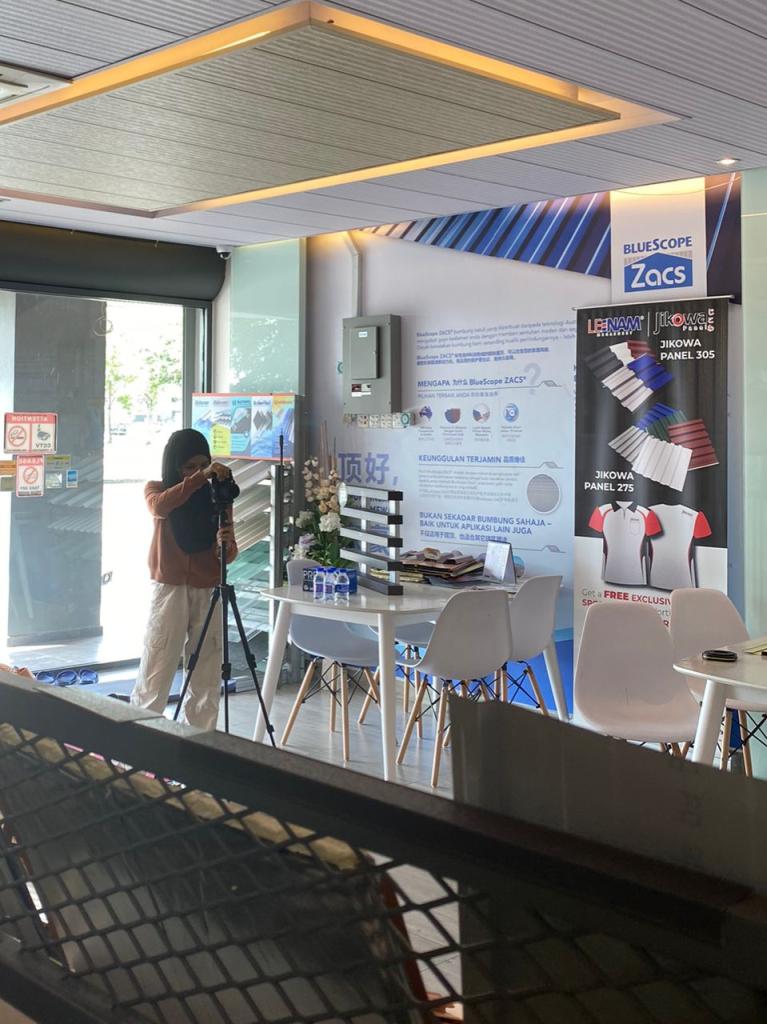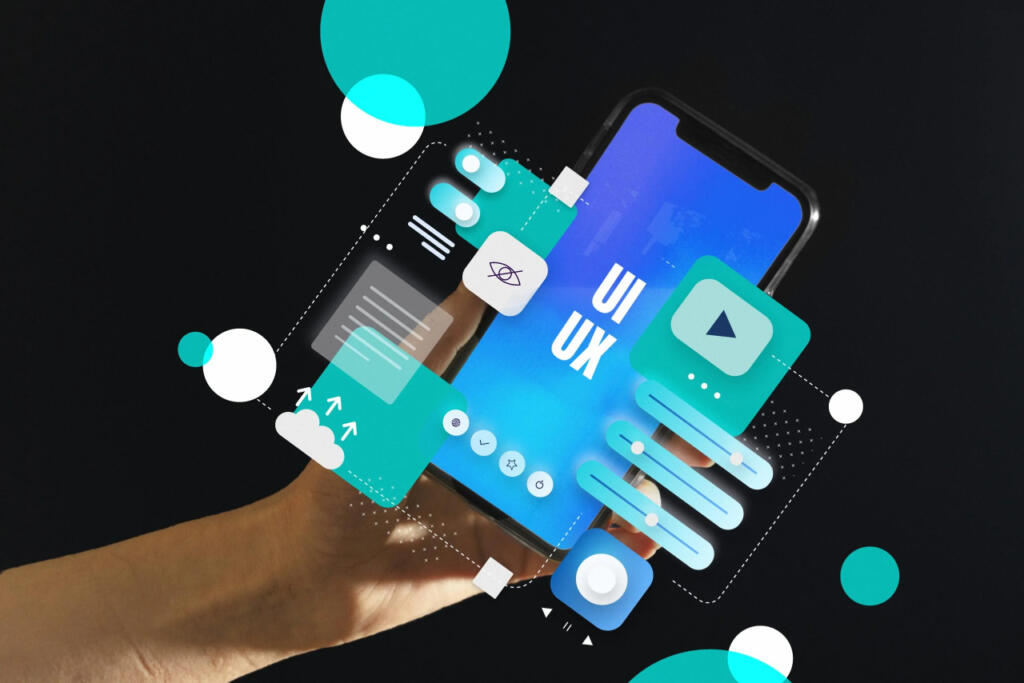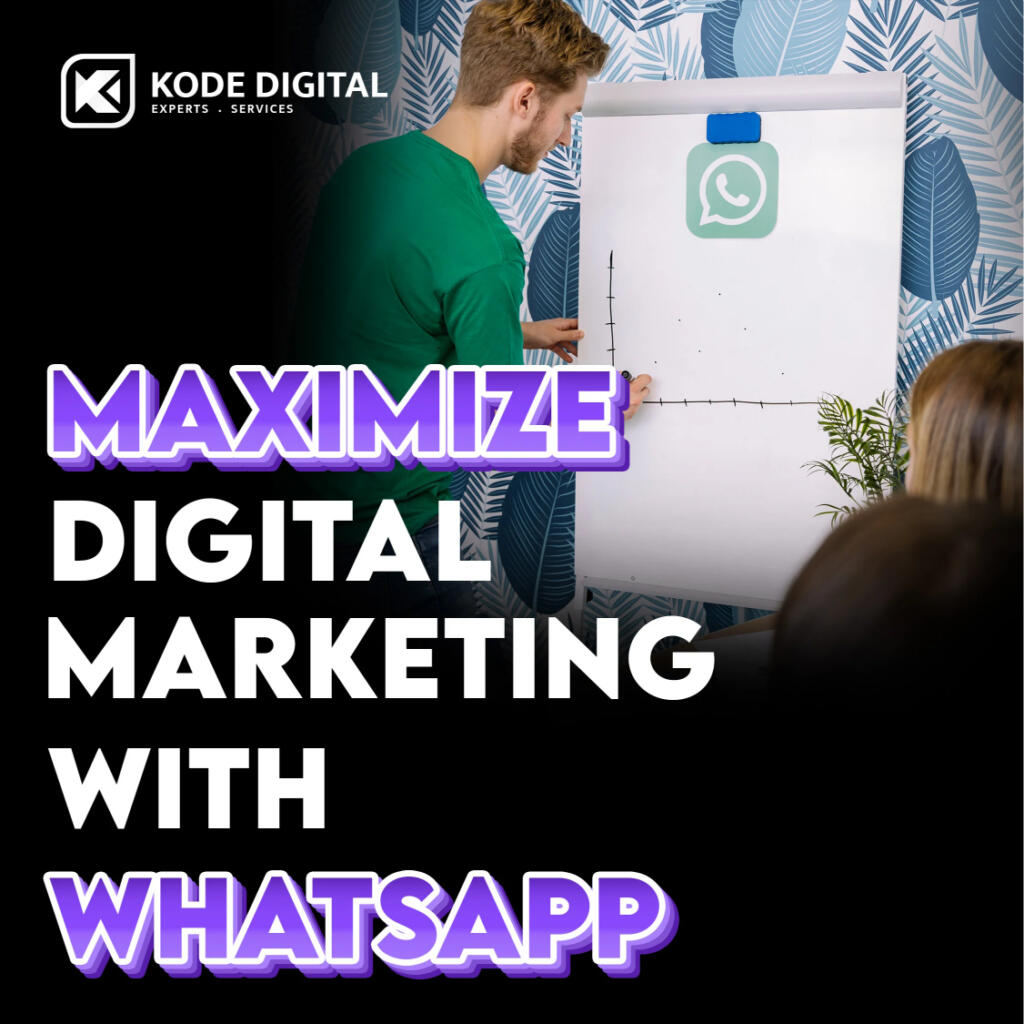Our top-tier consultancy services provide strategic guidance to elevate your entire digital presence.
Learn More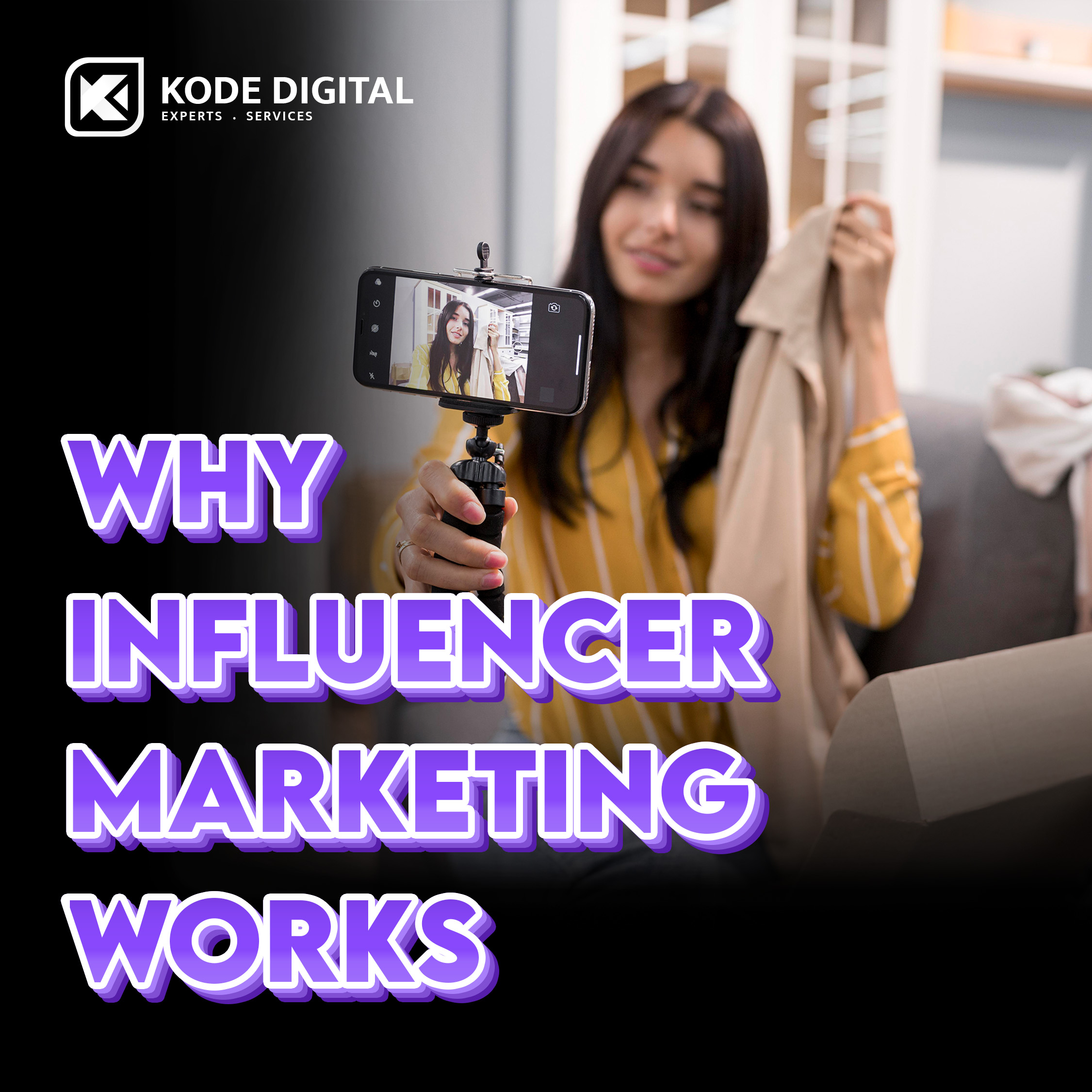
Contents
Influencers, Endorsers & Entrepreneurs
In the dynamic world of digital marketing, influencer marketing has emerged as a powerful strategy that has the potential to transform brands and boost sales. This article will delve into why influencer marketing is more than a passing trend. Discover how influencers can drive conversions and how this talent can be used to build a business.
What Is A Social Media Influencer?
If you’ve been on any social media site, chances are you’ve already encountered an influencer. Whether willingly or not, you cannot deny the impact on their audience, buying power and engagement
An influencer is a person that encourages others to buy a product or service by recommending, reviewing, or promoting the item on screen. Unlike celebrities, who gain a reputation from traditional media (TV, movies etc.), influencers gain followers through a niche or interest.
When we think of influencer marketing, we may think of affiliate marketing. Affiliate marketing is when a brand pays an influencer (the affiliate) a commission for traffic or sales from promotions/referrals. This form of marketing is one of the many ways brands may utilise influencer marketing.

The Rise of Social Media Influencers
All brands have a social media account, but getting followers is hard; retaining followers is even harder. Those who follow branded social media accounts are often long-time followers of the brand, meaning they like the products they create or are genuinely interested in them.
The world is rapidly changing; in 2023, 48% of U.S. adults report they have a monthly cable or satellite TV subscription while a slim majority of viewers turn their attention to streaming services. TV commercials will soon be a thing of the past as social media solidifies its position and is not leaving any time soon. With the world changing so fast, it’s only natural that our preferences and the way we consume media also change.
Why Influencer Marketing Works
To understand why influencer marketing works, we need to know why we follow influencers. Simply put, we follow influencers because they create content we enjoy. They have a specific niche, and naturally, people who are interested or are in that niche will follow.
Through this, influencers build a robust and dedicated fanbase. These enthusiastic fanbases naturally support their chosen influencers and content creators in their endeavours and future projects. Often, fans will trust their influencer’s judgement, which will influence what they buy.

Not Convinced? Let the numbers speak for themselves:
According to Statista, the entire influencer marketing industry is worth almost $21.1 billion (a 105% increase from its $10.29 billion market size in 2021). With the rise of influencers, the searches on Google for “influencer marketing” has risen to 465% since 2016.
Recommendations from creators you trust go a long way, longer than many ever realise. 61% of consumers trust recommendations they get from consumers, almost double the 38% who trust branded social media content. And more than 75% of brands even have a dedicated budget for influencer marketing. So clearly— this is a big deal.
Leveraging Influencers To Reach KPIs
Influencer marketing is quickly sweeping the globe. But how sure can we be of its effectiveness in a business? How much comes just from influencer marketing? To give you an idea of just how much of an impact influencer marketing has, we compiled several successful examples of influencer marketing campaigns and strategies:
1. Dunkin’ Donuts Became #1 Food Brand on TikTok
Back in 2020, Dunkin’ Donuts partnered with viral TikTok star Charli D’Amelio which saw a 57% increase in app downloads, a 20% increase in the brand’s Cold Brew on day one and a 45% increase with the same drink on day two. The collaboration has only increased in momentum during 2021 as Dunkin’ has gone on to launch a drink named after the influencer, later making them the #1 food brand on TikTok.

2. Gymshark Garnered 253 Million Views on TikTok
In 2021, Gymshark launched its 66 Days: Change Your Life challenge, a campaign to encourage audiences to take up positive habits and an active lifestyle with a year’s supply of Gymshark as a reward. Using six sports and athlete influencers from TikTok and Instagram, they successfully launched the campaign and garnered 252.6 million views on TikTok.

3. Brawl Stars Earn Over $10 Million In A Campaign
Brands are not the only things marketed by influencers as back in 2017, the popular 3v3 game: Brawl Stars collaborated with 10 YouTube mobile influencers and gamers to increase registration for the game. As a result, the campaign drove 5 million pre-registration sign-ups in just 8 hours. The game would become the Number One iPhone app in 32 countries, earning over $10 million within its first week.
4. Daniel Wellington’s Succesful Nano-Influencer Marketing
In 2017, Daniel Wellington changed the game by partnering with thousands of nano-influencers (influencers with fewer than 10,000 followers) and later bigger-name creators. It resulted in an explosion of posts with branded hashtags and a massive boost in sales which saw the brand becoming a leader in lifestyle branding. In 2018, Daniel Wellington received the most influencer mentions out of any brand on Instagram due to their new marketing strategy.

The Future of Influencer Marketing
Influencer marketing is like celebrity endorsements, except with influencer marketing, they don’t need to pretend to like the product in front of a camera. Consumers want relatability, as they want to see how it can integrate into their everyday lives.
More and more, brands are turning to influencer marketing because they recognise the impact of influencers and how they affect buying power and numbers. When laid out in such a way, you cannot deny the impact of influencer marketing, which is here to stay.
Who knows? You may find yourself buying the product an influencer reviewed the day before.







